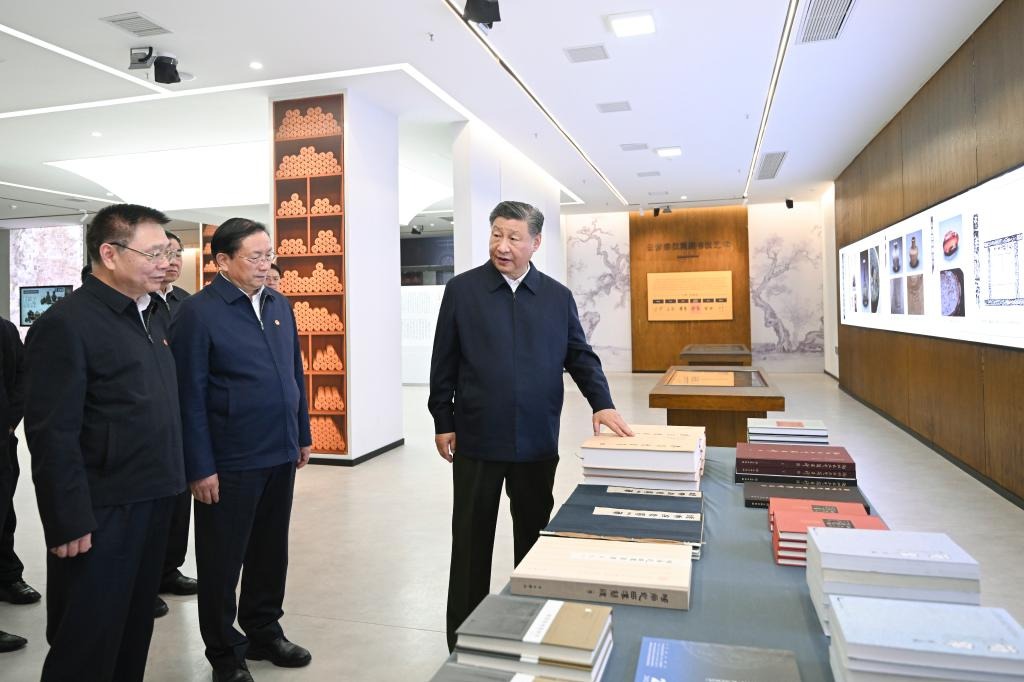Greater efforts needed to nurture innovation

 |
| Composite photo taken on June 15, 2017 shows a quantum communication ground station in Urumqi, capital of Northwest China's Xinjiang Uygur autonomous region. [Photo/Xinhua] |
From a quantum communication satellite to methane hydrate gas extraction, a large passenger jet, aircraft carriers, and the Beidou Navigation Satellite System, never have this country's technological breakthroughs been announced with such high frequency in recent memory.
As if to corroborate the country's newfound pride in its innovative prowess, in this year's Global Innovation Index, an annual report on major world economic entities' innovativeness compiled by Cornell University, INSEAD business school and the World Intellectual Property Organization, China climbed three places, from 25th in 2016 to 22nd.
Experts at home have been quick to credit the progress to the government's recent emphasis on innovation-driven growth. And despite the complaints about bureaucratic red tape, low efficiency and the misuse of funds, decades of generous government inputs in technological advancement have paid off.
But it would be misleading to assume government policy orientations can always work magic, especially when it comes to technological innovations. The barely three-year-old highlight on mass innovation, although conducive to an innovation-friendly environment, has come after the inputs that led to the key technological breakthroughs we are reaping now.
Innovativeness entails a lot more than government willingness to spend more on technological progress. While the 2017 innovation index does see improvements in the performance in such fields as mechanisms, human capital and research, infrastructure, and knowledge and technology output, the nation still has a very long list of things to do to cultivate the potential of indigenous innovation. Reforming the obsolete management systems and appraisal mechanisms, and creating a talent-friendly research and development regime are pressing yet continually neglected tasks hindering the progress toward greater innovativeness.
And as President Xi Jinping has said, scientists need to be given more room to decide upon the direction of their research and greater management of research funds and resources, so they can explore and test the hypotheses they put forward.
In fairness to the authorities, we have witnessed increased awareness of intellectual property rights as well as government attempts to offer better protection of research achievements. But inadequate respect and protection remain outstanding obstacles to innovation in this country, which may prevent us from becoming a real innovation powerhouse as we wish, at least in the foreseeable future.
And the cultivation of innovativeness should never be considered a process that begins in research labs. It also calls for an all-round review, and subsequent reform, of our national education, from curriculum design to classroom instruction, from kindergartens to institutions of higher learning, so as to foster inquisitive minds.

































